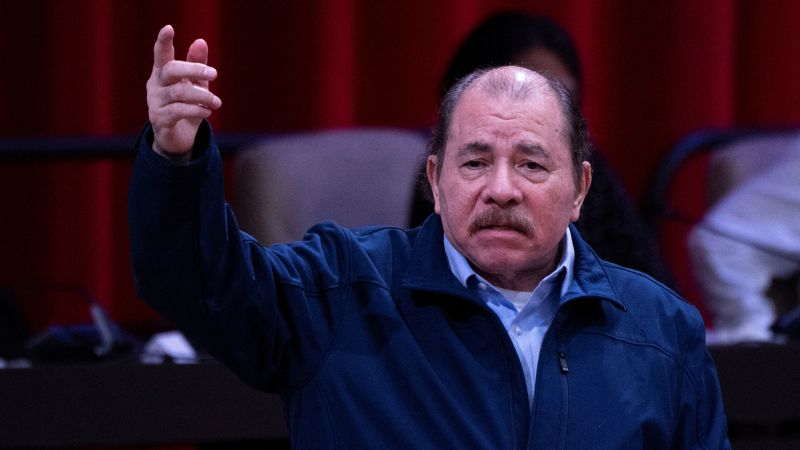
Explosive Move: Ortega’s Power Surges as Nicaraguan Lawmakers Approve Reforms
Nicaraguan Lawmakers Approve Reform Expanding Ortega’s Power
The recent approval of a reform by Nicaraguan lawmakers has generated significant attention both domestically and internationally. The reform, which expands President Daniel Ortega’s power, has sparked concerns and debates among various stakeholders. The move comes amidst a backdrop of political tensions and socio-economic challenges in the country.
One key aspect of the reform is the extension of presidential term limits, allowing Ortega to potentially stay in power indefinitely. This provision has raised alarms among critics who fear a consolidation of power and erosion of democratic principles. Such concerns are heightened given Nicaragua’s history of authoritarian rule and political unrest.
Furthermore, the reform grants Ortega increased authority over the country’s security forces, judiciary, and electoral institutions. This concentration of power in the hands of the president has sparked fears of further crackdowns on dissent and opposition voices. The potential for abuse of power and human rights violations looms large in the minds of many observers.
The timing of the reform is also crucial, as Nicaragua grapples with ongoing challenges such as economic instability, social unrest, and the impacts of the global pandemic. Critics argue that the government should focus on addressing these pressing issues rather than consolidating power. The reform has further polarized an already divided society, with protests and criticisms mounting against Ortega’s administration.
In response to the reform, various international bodies and human rights organizations have expressed concerns and called for respect for democratic principles and the rule of law. The international community plays a vital role in holding governments accountable and safeguarding democratic values. The situation in Nicaragua is closely monitored by regional partners and global stakeholders who seek to ensure the protection of human rights and democratic norms.
The reform’s approval reflects a broader trend of authoritarianism and power grabs seen in various parts of the world. The erosion of democracy poses significant challenges to peace, stability, and development. It is imperative for citizens, civil society, and the international community to remain vigilant and advocate for respect for democratic principles and fundamental rights.
In conclusion, the approval of the reform expanding President Ortega’s power signifies a critical moment in Nicaragua’s political landscape. The implications of this move are far-reaching and raise important questions about the future of the country’s governance and democracy. Amidst growing concerns and criticisms, the need for transparency, accountability, and respect for human rights becomes more urgent than ever. It remains to be seen how Nicaraguan society will navigate these challenges and uphold democratic values in the face of rising authoritarian tendencies.
